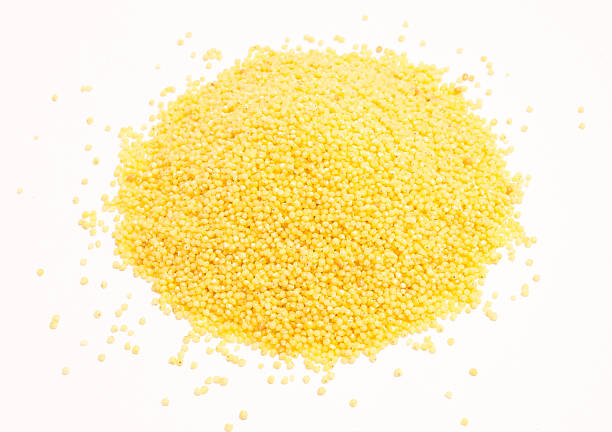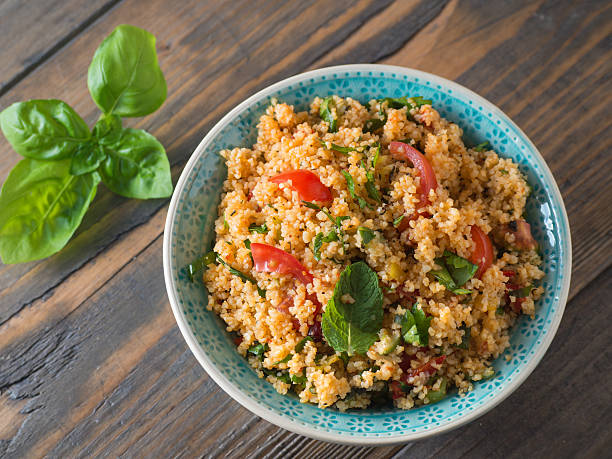Sooji, also known as semolina or rawa, is a type of flour made from durum wheat, which is a hard variety of wheat that is high in gluten. It is commonly used in Indian cuisine to make dishes such as upma, idli, and dosa. But what is the nutritional value of sooji and is it healthy for you?
First, let’s take a look at the nutritional value of sooji. 100 grams of sooji contains approximately:
365 calories
12 grams of protein
1 gram of fat
78 grams of carbohydrates
3 grams of fiber
2 grams of sugar
2 milligrams of iron (10% of the daily value)
0.8 milligrams of thiamine (60% of the daily value)
0.3 milligrams of riboflavin (20% of the daily value)
Sooji is a good source of carbohydrates and protein, which are both important for energy and muscle growth. It is also a good source of iron, which is important for maintaining healthy red blood cells and preventing anemia. Additionally, it contains thiamine and riboflavin, which are both B vitamins that are important for maintaining healthy nerve function and metabolism.
However, sooji is also relatively high in calories and carbohydrates, which can contribute to weight gain if consumed in excess. Additionally, sooji is made from refined wheat, which means that it has been processed to remove the bran and germ, leaving only the endosperm. This processing removes many of the beneficial nutrients, such as fiber and antioxidants, that are found in whole wheat.
So, is sooji healthy for you? It can be a part of a healthy diet if consumed in moderation and paired with a variety of nutrient-dense foods. However, if you are trying to lose weight or manage blood sugar levels, it may be best to limit your intake of sooji.
Additionally, it is worth noting that sooji may not be suitable for people with gluten sensitivity or celiac disease, as it is made from wheat and contains gluten. People with gluten sensitivities may want to avoid sooji and opt for gluten-free options like quinoa, millet, or amaranth.
In conclusion, sooji is a nutritious food that is high in protein, iron, and B vitamins. However, it is also high in calories and carbohydrates and may not be suitable for people with gluten sensitivities. To make the most of the nutritional benefits of sooji, it should be consumed in moderation and paired with a variety of nutrient-dense foods.

 Home
Home Health
Health Diet & Nutrition
Diet & Nutrition Living Well
Living Well More
More












